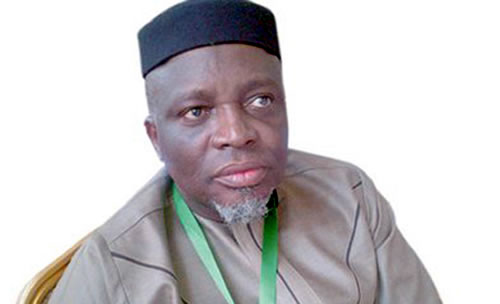
The Joint Admissions and Matriculation Board on Tuesday said it had pegged the cut-off marks of 2020/2021 admission for universities at 160, while that of polytechnics was pegged at 120.
Also, the cut-off point for colleges of education and innovative institutions was fixed for 100, while institutions were warned not to charge more than N2,000 for screening.
JAMB further disclosed that 612,557 candidates were offered admission in 2019 while about 510,957 admission spaces were not used by tertiary institutions in the same year.
The Registrar and Chief Executive of JAMB, Prof. Is-haq Oloyede, stated these in his speech read at the 2020 policy meeting on the admission for the 2020/2021 Unified Tertiary Matriculation Examination.
Oloyede in his speech stated that only 1,157,977 candidates had the required five credits with English and Mathematics that sat for the UTME held in 2019.
He said, “Out of 1,157,977 candidates, who sat for UTME in 2019, about 612,557 were admitted.”
However, the Spokesman of JAMB, Dr. Fabian Benjamin, explain how the cut-off points were arrived at.
He said, “The institutions have submitted their cut-off points already from the pool of their submissions. It was like a vote. Over 100 submitted 200 and above as cut-off point, some submitted 180 and above, while a chunk submitted 160 and above.”
At the event, the Minister of State (Education), Emeka Nwajiuba, said JAMB and tertiary institutions could take advantage of the current situation and consider candidates with SSCE and other qualifying results of previous years to proceed with 2020/2021 admission process.
Nwajiuba also listed conditions to be satisfied before the reopening of schools that were shut down to contain the spread of COVID-19.
He directed JAMB and tertiary institutions to proceed with the conduct of 2020/2021 admissions scheduled to commence in August based on the guidelines released by JAMB.






